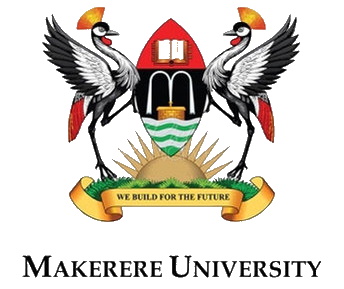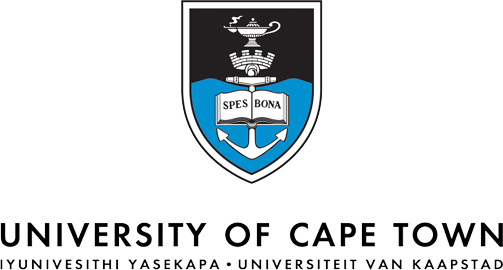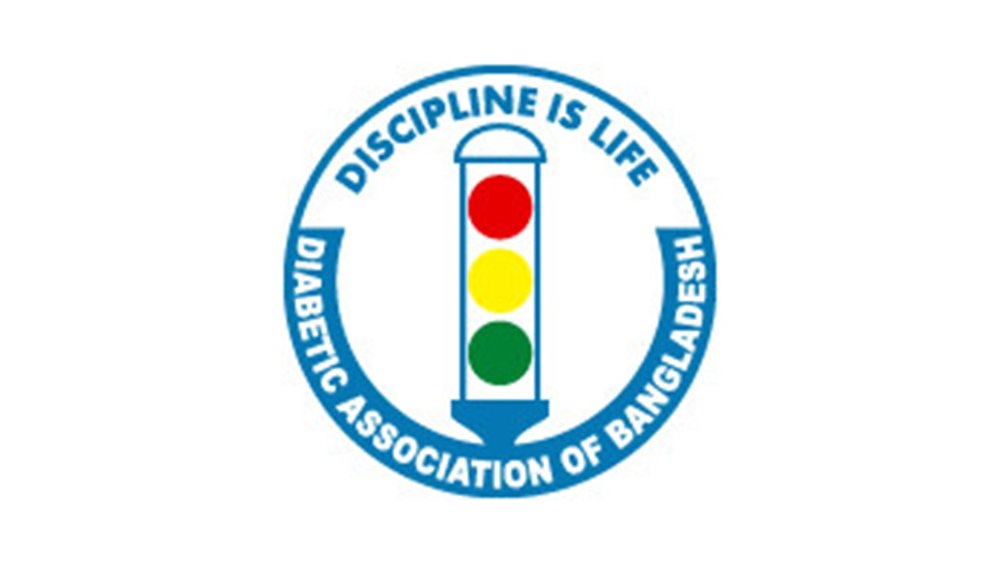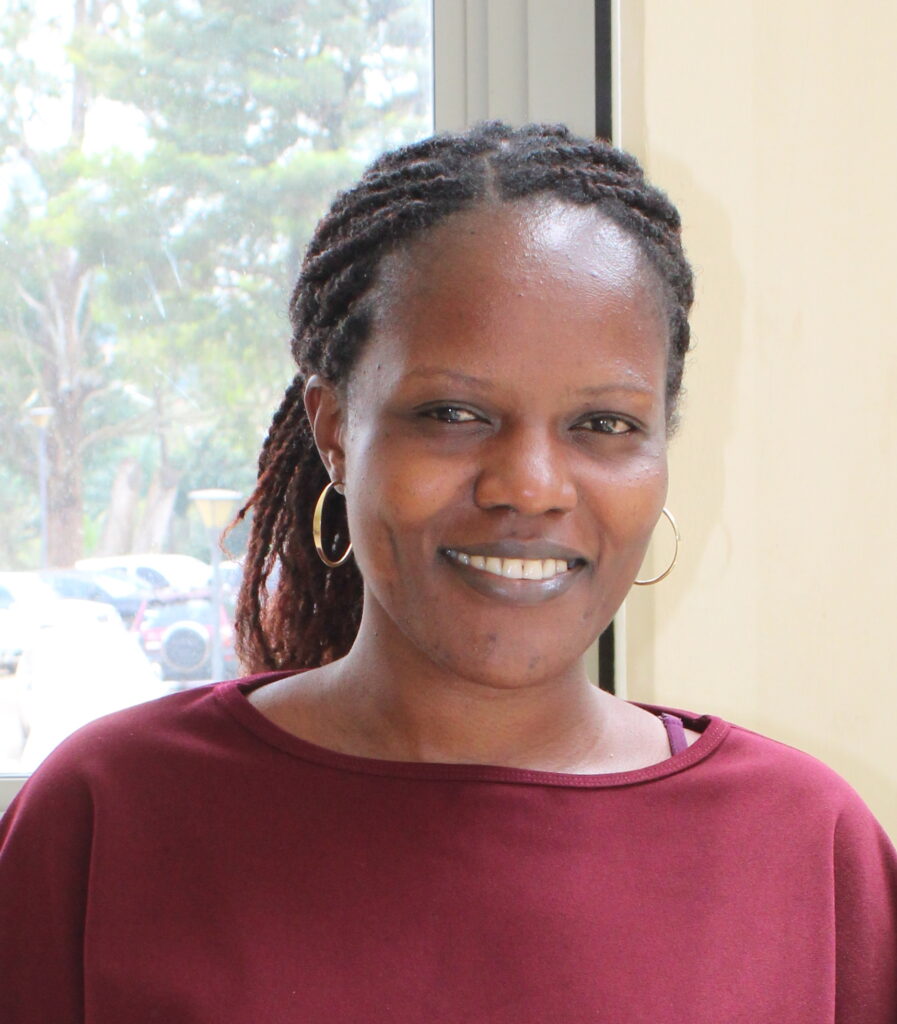QCN
Evaluation of the Network for Improving Quality of Care (QCN) for Maternal, Newborn and Child Health
Research Question: How does a multi-country, multilateral network focused on specific health care improvements evolve and what shapes its ability to achieve its goals?
Our research evaluated the emergence, legitimacy and effectiveness of a multi-lateral multi-country purposefully created implementation-focused network (QCN) to improve the quality of care (QoC) for maternal, newborn and child health (MNCH).
Background
Maternal and newborn mortality remain high in resource-limited settings, including Uganda, Ethiopia, Malawi, and Bangladesh – the focus countries of this study [and the other countries involved in the QCN] we are evaluating. With increasing hospital deliveries, there is a need for health system interventions that optimise quality of care so that further reductions in mortality can be achieved despite resource constraints.
To tackle a shared LMIC need for improved labour, childbirth and newborn care WHO and global partners are pursuing a ‘global network’ approach called The Network for Improving Quality of Care for Maternal, Newborn and Child Health (QCN). Their aim is for countries to learn from each other about which approaches to improving quality of care may work best in which circumstances to achieve shared health outcome goals. The QCN, which initially involved nine countries, aims to promote coordination between partners while emphasising country ownership, leadership and shared learning.
The Problem: Although there is an emerging body of work on health networks this is mostly from high-income countries or on networks focused on drawing attention to global health issues rather than those implementing change. Research on whether and how purposefully created networks might leverage global, national and local change is however, sparse. We therefore took advantage of the QCN launch by WHO and partners and examine how it is constructed, its operations and their effects. The network was launched in February 2017 though, until 2019, no external evaluation had been commissioned. Given the scale and ambition of the new QCN, the investments it involved and the possibility it could influence the way international health organisations and donors operate in the future, it needed to be studied.
Study Objectives:
- To characterise how the QCN initiative was conceptualized and brought together, explore its aims and ethos and understand the global context in which QED arose
- To explore how the QCN is enacted as a strategy for linking global and national actors
- To explore case study countries’ contexts and capacities, their interactions with the global QCN and the effects this has on the emergence of the national QCN programme
- To characterise strategies adopted in countries, their scale, scope and focus, mechanisms of action, the evolution of programmes and what influences them
- To map the activities of the national programmes at district level and examine the approach to intervention
- To examine which key data are collected to evaluate the effect of the QCN and assess any effects of network activities
Research Strategy: We retrospectively (2016-2018) and prospectively (2018-2022) evaluated what aspects of the QCN work best, how it influences efforts at global, national, and local levels and how it bridges the interfaces between each of these levels. Our work drew on theories concerning network organisation and structure, emergence and effectiveness of networks, the policy process (agenda-setting, formulation, decision-making, implementation and evaluation), the nature of power and agency in relation to structure, and diffusion of innovation.
Case study countries were Uganda, Ethiopia, Malawi and Bangladesh. This was based on the range of settings and starting points they represent, their initial engagement in the network, existing research links and collaborations, and enthusiasm to participate in this research. We answered our research questions via a multi-disciplinary mixed methods programme of work that aimed to achieve our objectives by targeting the global level of the QCN, and different national programmes as case studies for the national and local levels, to develop theory on how the QCN operates. We then tested this emerging theory to assess its external validity and refine aspects of it in relation to country and health systems context as appropriate.
Expected Study Outcome: We continue to develop generalizable theory to improve the operation of the QCN and future networks. Our research is already benefitting government policymakers in LMIC, multi-lateral and bi-lateral international organisations, donors, health service managers and healthworkers; mothers, babies, children and their families in LMIC. All of these groups are benefitting via our research generating evidence to support future global networks, and important theoretical insights into how networks operate and how operations could be improved, including in the network we studied so as to directly benefit maternal, newborn and child health.
Study location: Uganda, Ethiopia, Malawi, Bangladesh
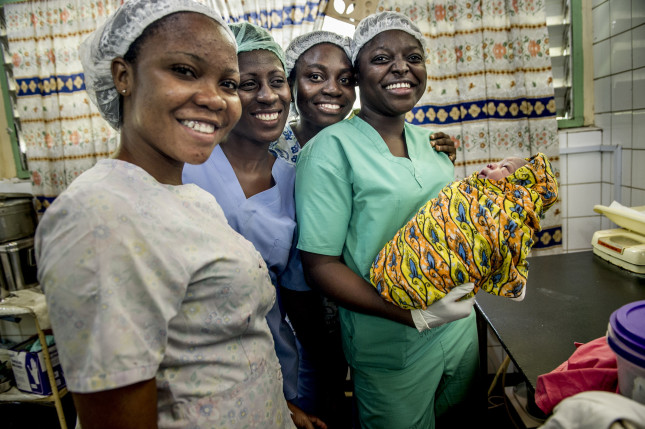

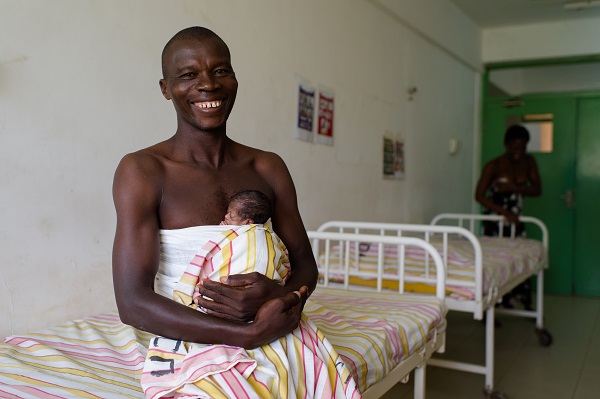
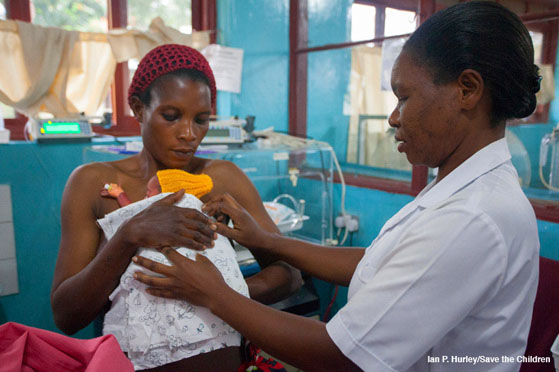

- How to evaluate a multi-country implementation-focused network: Reflections from the Quality of Care Network (QCN) evaluation
- Tesfa A, Nakidde C, Akter K, Khatun F, Mwandira K, Lemma S, et al. (2023) Individual, organizational and system circumstances, and the functioning of a multi-country implementation-focused network for maternal, newborn and child health: Bangladesh, Ethiopia, Malawi and Uganda PLOS Glob Public Health 3(7): e0002115. https://doi.org/10.1371/
journal.pgph.0002115 - Individual interactions in a multi-country implementation-focused quality of care network for maternal, newborn and child health: A social network analysis
- Opportunities to sustain a multi-country quality of care network: Lessons on the actions of four countries Bangladesh, Ethiopia, Malawi, and Uganda
- Individual, organizational and system circumstances, and the functioning of a multi-country implementation-focused network for maternal, newborn and child health: Bangladesh, Ethiopia, Malawi, and Uganda
- International Maternal and Newborn Health (IMNH) Conference, Cape Town, 8-11th May 2023
- How does a multi-country, multilateral network focused on specific health care improvements evolve and what shapes its ability to achieve its goals?
- LSHTM Public Health and policy Seminar Series, April 2022 – London, UK
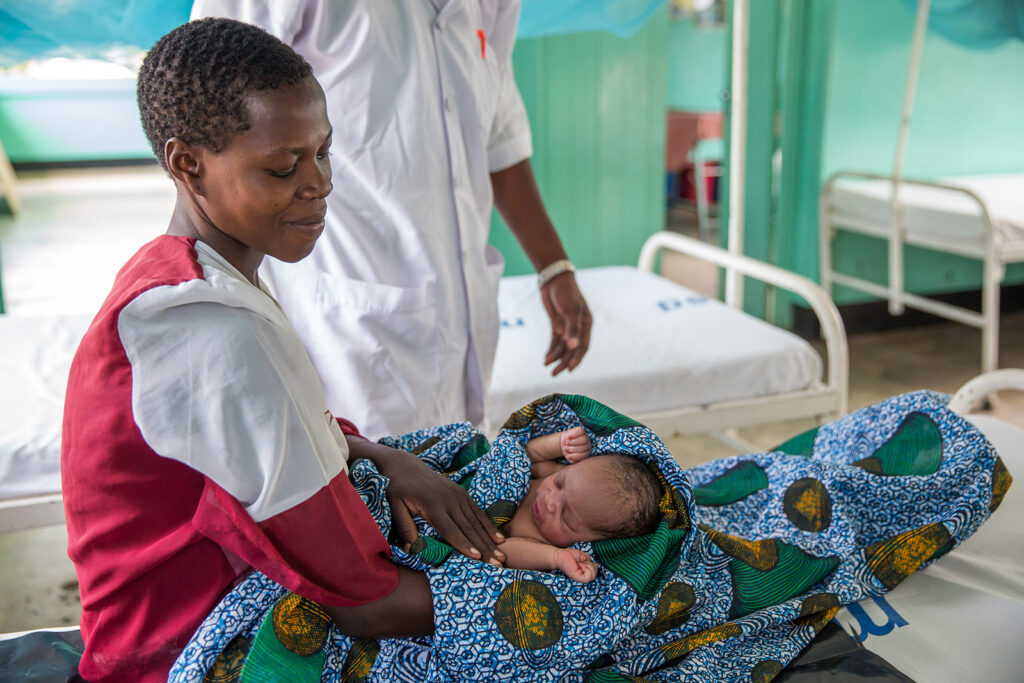
About the Research Team
- 1. Dr Tim Colbourn - Principal Investigator | University College London
- 2. Dr Gloria Seruwagi - Co-Investigator & Ugandan Lead | Makerere University
- 3. Dr Nehla Djellouli - Co-Investigator (University College London)
- 4. Prof. Mike English - Co-Investigator | University of Oxford
- 5. Prof. Kishwar Azad - Co-Investigator | PCP (Bangalesh)
- 6. Dr Abdul Kuddus - Co-Investigator | PCP (Bangladesh)
- 7. Charles Makwenda - Co-Investigator | PACHI (Malawi)
- 8. Mary Kinney - Co-Investigator | University of Cape Town
- 9. Dr Yusra Shawar - Co-Investigator | Johns Hopkins University
- 10. Prof. Jeremy Shiffman - Co-Investigator | Johns Hopkins University
Project Contacts
- Gloria Seruwagi, Makerere University School of Public Health (MakSPH)
2. Catherine Nakidde (BSc., MA, MPH) Centre for Health and Social Economic Improvement (CHASE-i), Makerere University

